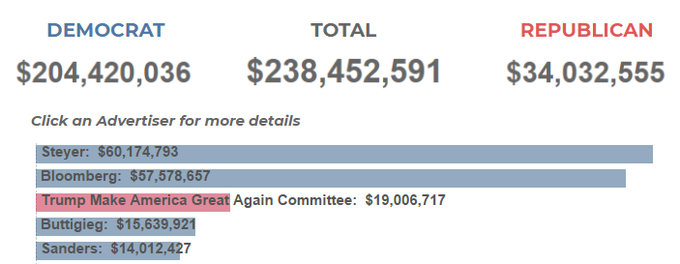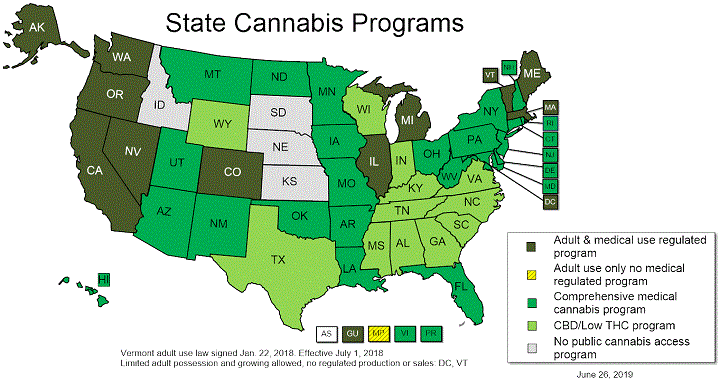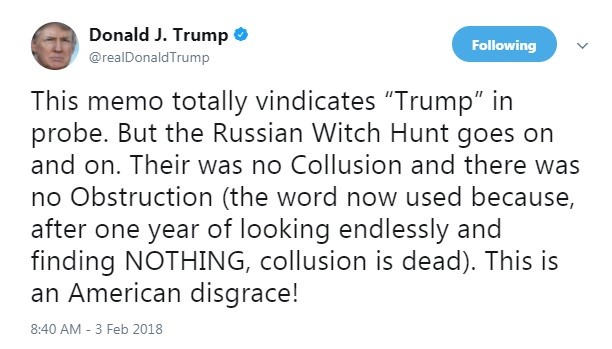Stop and Frisk has been in the news lately.
A stop-and-frisk refers to a brief non-intrusive police stop of a suspect. The Fourth Amendment requires that before stopping the suspect, the police must have a reasonable suspicion that a crime has been, is being, or is about to be committed by the suspect.
The obvious question is what is a reasonable suspicion. Former New York City Mayor, presidential candidate and billionaire Michael Bloomberg has come under fire lately due to the New York City Police Department practice of temporarily detaining, questioning, and at times searching civilians and suspects on the street for weapons and other contraband.
Bloomberg has since denounced the practice, but questions remain as to his motivation other than now he is running for president.
While reading up on this story, it made me wonder about the Show Me Your Papers Bill, formally known as Texas Senate Bill 4 which mandates local jails comply with voluntary U.S. Immigration and Customs Enforcement (ICE) detainer requests. The bill which was signed into law in 2017 also allows citizens to initiate investigations of alleged sanctuary cities and counties merely because the locality “endorses” a policy of non-cooperation with ICE.
The Fifth Circuit Court of Appeals ruled most of the law, except for a portion punishing officials who “endorse” sanctuary city policies, could go into effect while the case was pending in March 2018.
The lines can get blurred very quickly with both, stop and frisk, and show my your papers. The presumption of innocence comes into play when law enforcement does not need to obtain a warrant to search someone who is “suspected” of committing a crime.
I know that probable cause also comes into play (which is also protected by the Fourth Amendment), but again, while one person might feel there reasonable suspicion, another would disagree.
Many would argue that race is a major factor in both these situations and who is to say they are wrong. Much of the stop and frisk activity took place in poor neighborhoods mostly populated by minorities. My guess is the folks living on Park Avenue were not worried about being stopped.








